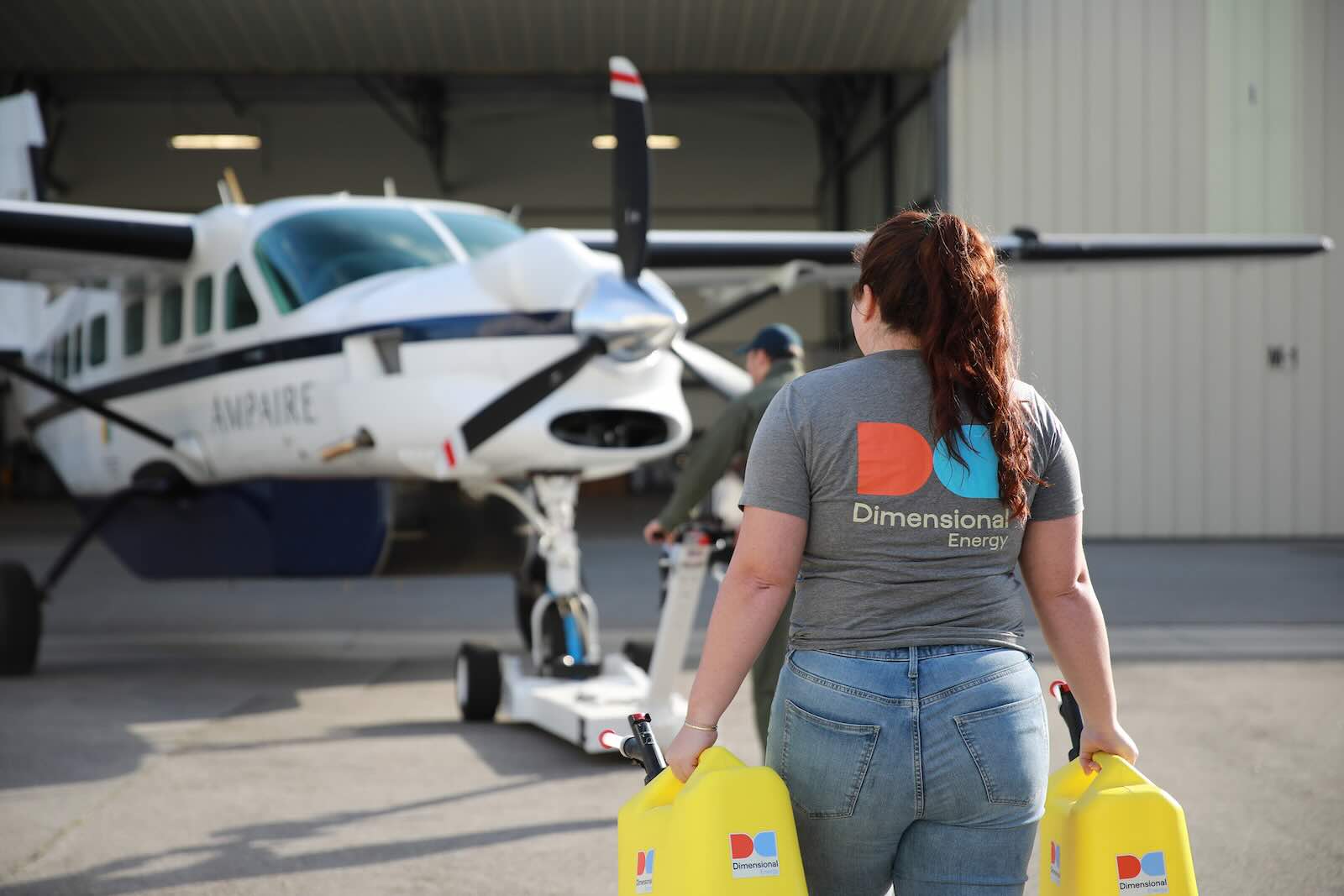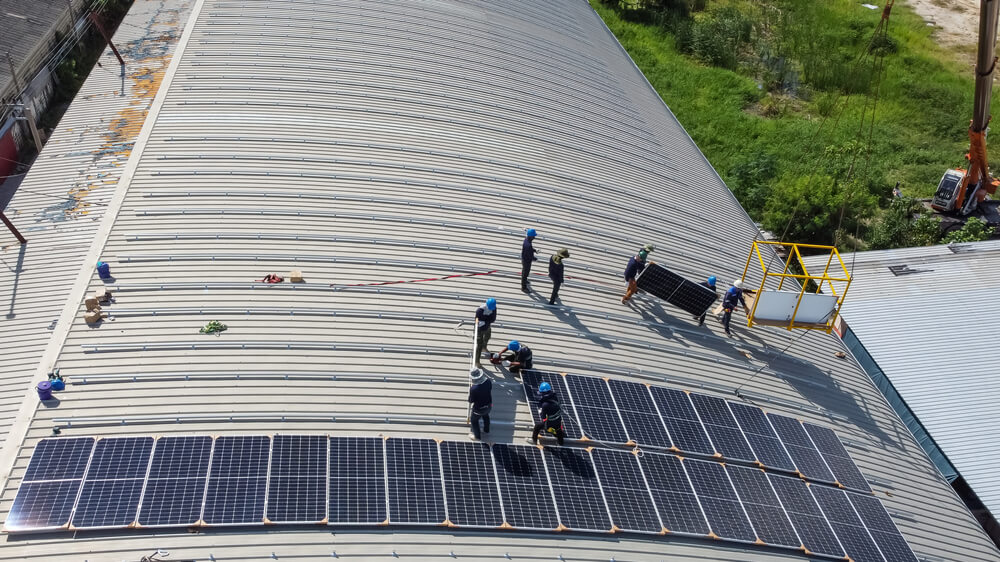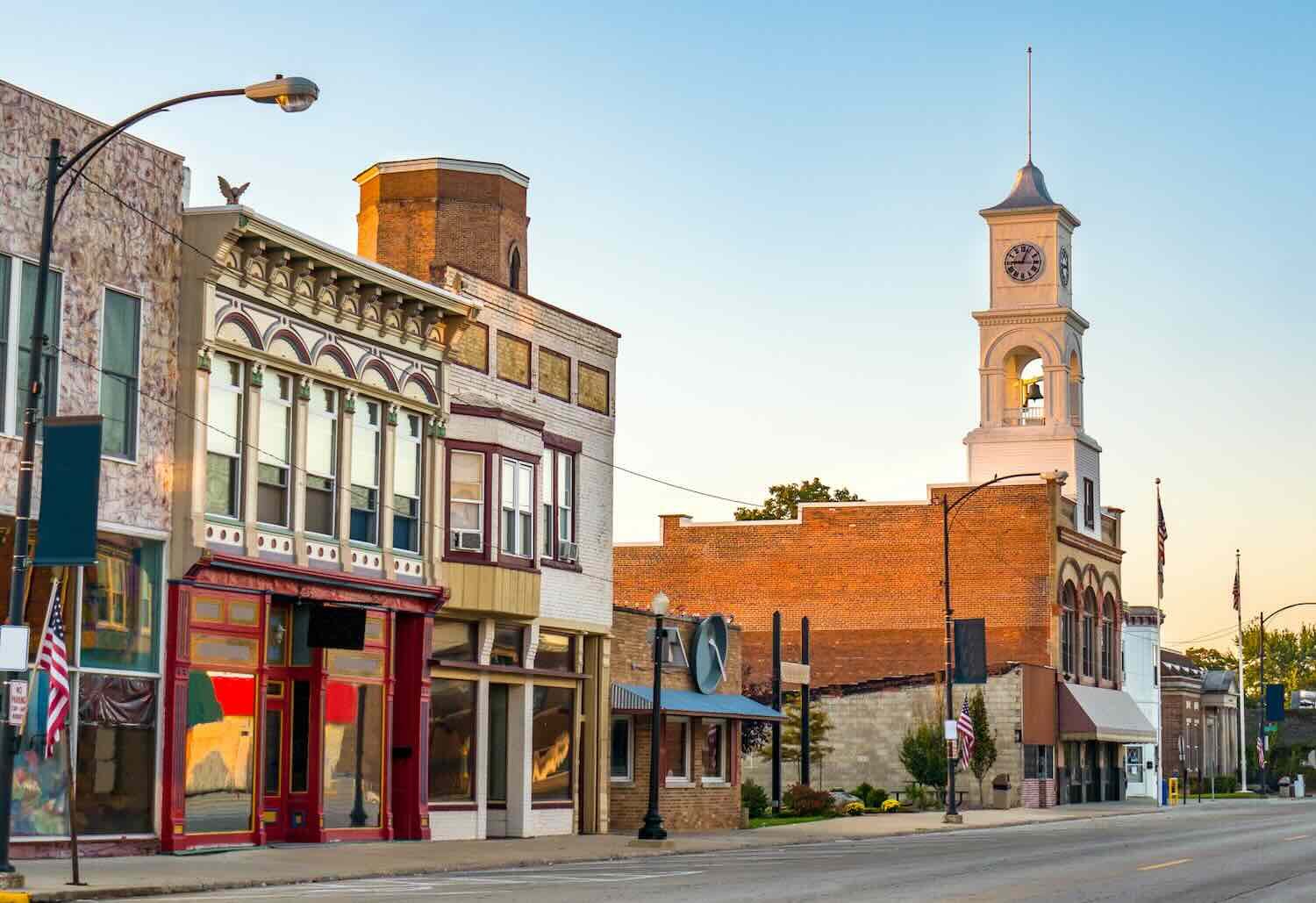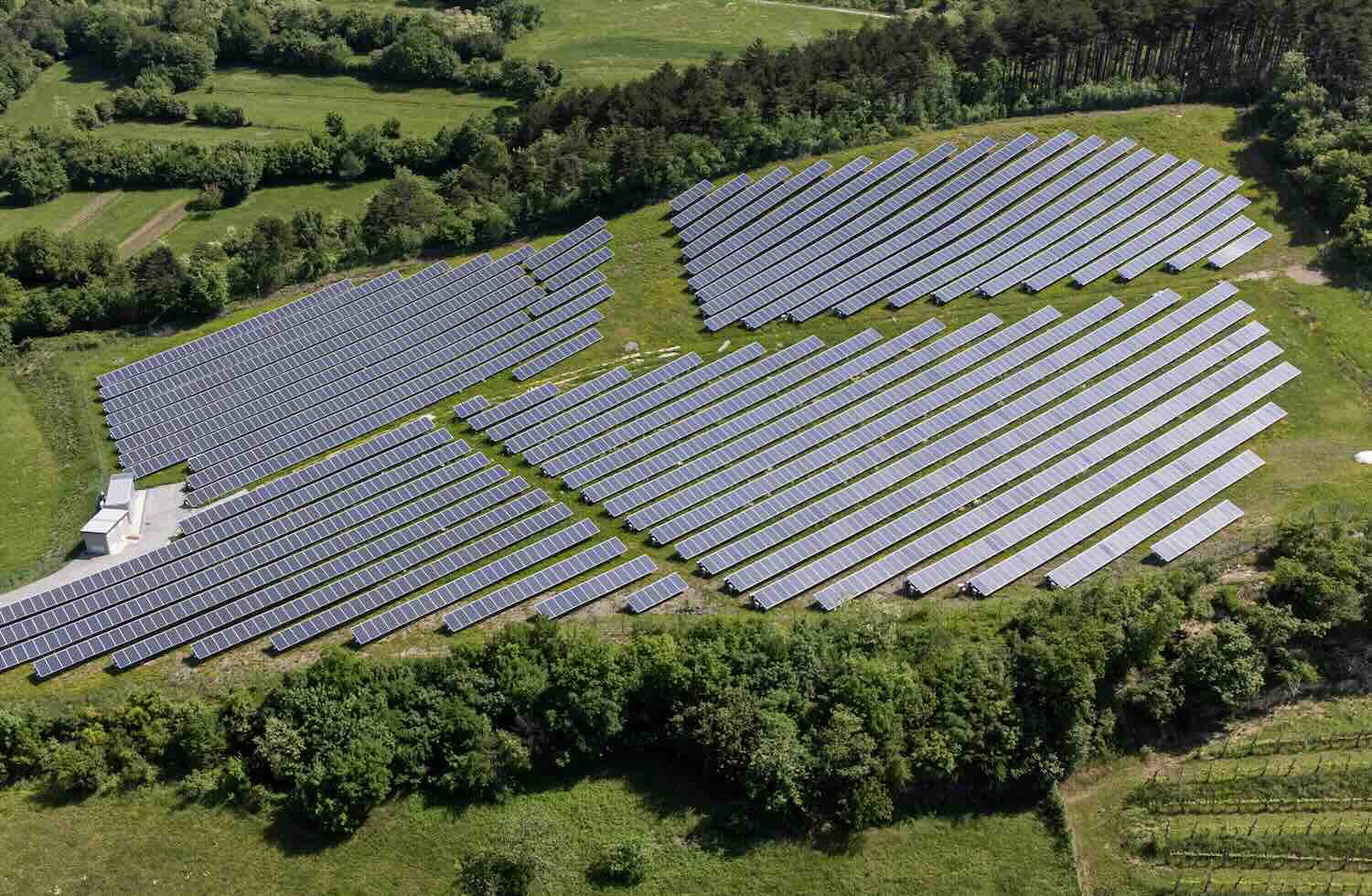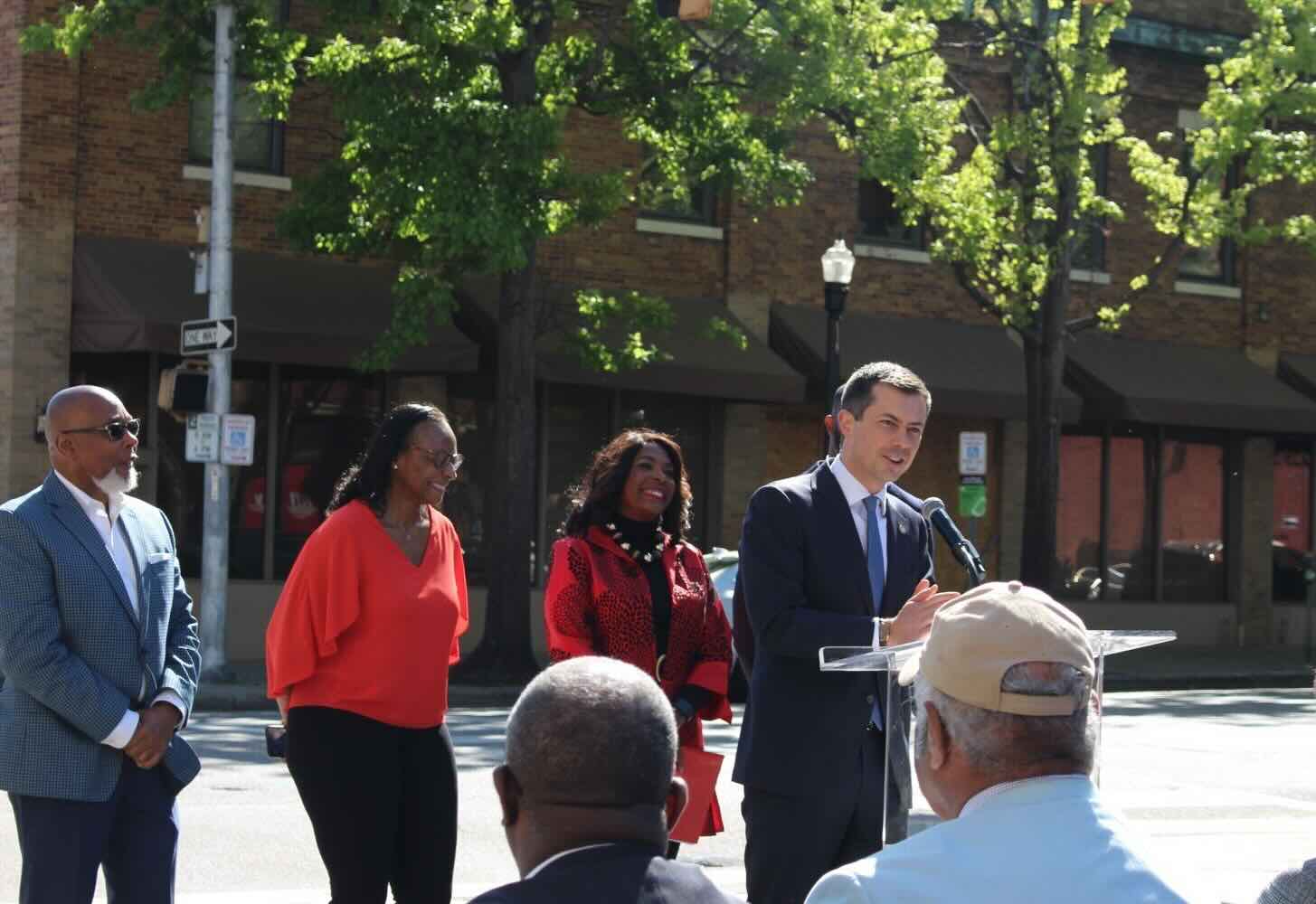It’s one of the biggest challenges for climate tech: shifting from promising technology to commercial deployment. The skills required for the former are often little help for the latter, which requires planning and siting projects, gaining community buy-in, securing permits — and financing to support it all.
The risks associated with that scaling phase — where a company is developing its first pilot projects, customer deployments and then large-scale plants — make up climate tech’s particular “valley of death.”
Financing to support ventures through that scale-up phase is scarce, especially for projects under $100 million that, although small by mainstream financing standards, can have a big impact in communities. A new report by BCG and Elemental Excelerator estimate the finance needed by climate tech startups to cross that chasm at $150 billion globally.
“That’s the capital that’s very high risk, but very catalytic, because without it, projects don’t happen,” Jason Salfi of Dimensional Energy, a New York-based startup that upcycles captured carbon into chemicals and aviation fuel, told ImpactAlpha.
Dimensional is among the first climate tech startups to use a new development-specific instrument to scale the gap and get commercial plants off the ground. The Development-SAFE, a twist on the “simple agreement for equity” widely used in Silicon Valley, was created by Elemental Excelerator and law firm Wilson Sonsini to address the specific needs of startups developing their first pilot plants or commercial facilities.
The goal, says Elemental’s Avra van der Zee, is to “accelerate the implementation of essential climate projects.”
The Hawaii-based nonprofit investor and accelerator has inked about eight D-SAFEs over the past year to jumpstart scale-up projects for its portfolio companies, including Forum Mobility, a provider of charging depots for zero-emission commercial trucks. Elemental is also working on a $500,000 D-SAFE with geothermal energy developer Fervo Energy for workforce development and apprenticeships in Utah.
D-SAFE
The D-SAFE is specifically earmarked for early-stage project financing, including pre-construction activities such as project design, budgeting, permitting and community engagement. The instrument can convert to equity, like a conventional SAFE, or be treated as a loan if the startup chooses. Unlike project finance, the D-SAFE funds are directed at the startup, rather than a project entity.
Elemental pairs the financing with coaching and what it calls a “development support agreement” that lays out project milestones and expectations. The catalytic funding sets climate tech ventures up to raise additional capital and tap into federal programs such as the upcoming Greenhouse Gas Reduction Fund.
Dimensional’s $500,000 D-SAFE enabled the company to undertake engineering studies and put together detailed project plans for a Niagara Falls facility and secure 20 times the amount in financing from Seneca Holdings, the Seneca Nation-owned investment firm created to diversify the Tribe’s revenues from casinos and gaming to renewable energy and other sectors. The carbon upcycling facility will begin construction next year.
Smaller first-, second- and “nth”-of-a-kind climate tech deployments tend to fall between the cracks of venture capital, commercial debt and infrastructure investing. Many investors are still figuring out how to evaluate and underwrite such projects, according to interviews conducted by Elemental and BCG. In their report, “Traversing the Climate Technology Scale Gap,” the companies estimate that climate tech startups face a gap of more than $150 billion globally to cross that chasm.
Elemental Excelerator estimates that the gap for its own portfolio companies at more than $500 million. The development risks for novel climate tech solutions well extend beyond a venture’s first-of-a-kind project, or FOAK. “There’s often iteration between that first commercial facility and the second and the third,” says van der Zee. “We see the role of the development work as being really important, even even if you’re in your fifth iteration.”
As Salfi points out, “There’s a whole industry built around innovation, but the final frontier is getting capital at the right time, to the right team, to put the technologies to work.”

